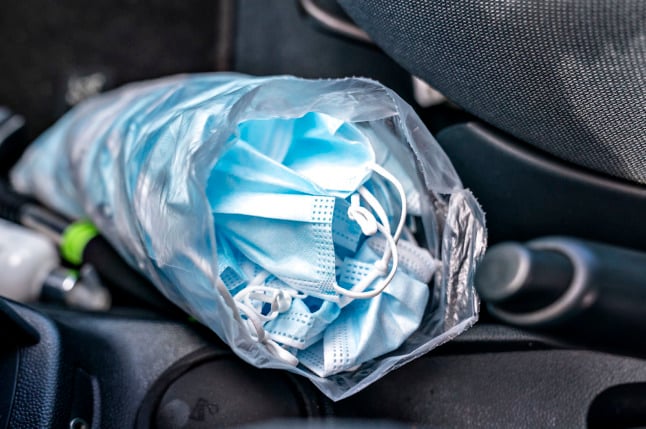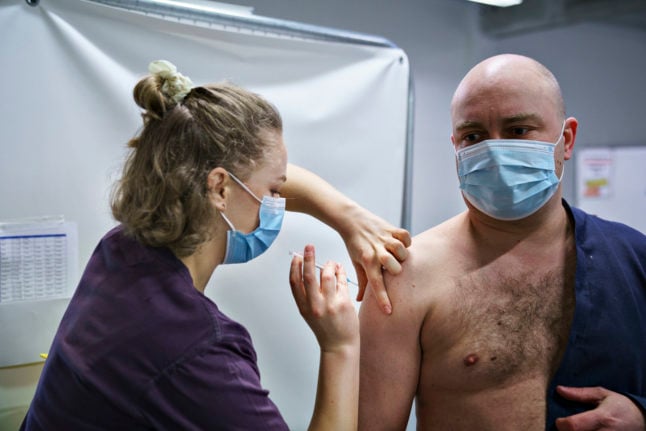Face masks have been mandatory to varying extents in Denmark since August last year, when they became compulsory on public transport. They were later extended to stores and other indoor public areas.
Corona passports were introduced as the winter lockdown was eased in April. They are currently required to access a range of businesses including indoor service at cafes and restaurants; hairdressers and sports facilities.
A parliamentary majority agreed early on Tuesday to allow almost all indoor businesses in Denmark, with the exception of nightclubs, to open from this Friday. Education including universities can also return at normal capacity. Corona passports remain a requirement.
A text outlining the agreement was published by the Ministry of Justice.
The plan also includes provisions to phase out working from home, face masks and corona passports in the longer term.
READ ALSO:
- Corona passport: What you need to know about Danish Covid-19 vaccine and test documentation
- Great but annoying: How foreigners in Denmark feel about the coronavirus pass
Rules requiring the use of face masks and corona passports will be revoked when all people over 16 in Denmark have been offered vaccination, several party leaders confirmed following Monday night’s talks.
“We will follow to the letter the agreement to phase out the corona passport. It is unfair for people to have to renew their corona passport all the time,” said Liberal party leader Jakob Ellemann-Jensen.
A concrete plan for ending mandatory face mask use will be presented in June, but Tuesday’s agreement specifies that masks will no longer be required when all people over 16 in Denmark have been offered vaccination – at the end of August according to the current schedule.
The corona passport certifies that the holder has had a negative test in the last 72 hours, a vaccination or has recently recovered from Covid-19, conferring immunity to the disease.
It will also see the first steps towards ending its use in June, according to the agreement. But rules for the documentation are set to be eased slightly as early as May 21st.
On that date, the passports must no longer be shown to access libraries or sports taking place under the auspices of associations. You will still need a corona passport for these things, however, as spot checks will be conducted.
Additionally, a single dose of a Covid-19 vaccination will now be sufficient for a corona passport to be issued. Previously, both doses were required. The corona passport will become valid 14 days after the first dose of the vaccine has been received.
That decision means as many as 660,000 fewer people will be required to get tested regularly because they have had at least one dose of the vaccine two weeks ago or more, broadcaster DR reported based on calculations of the number of first-time vaccinated people.
The national infectious disease agency, SSI, approved the decision, DR writes.
Corona passports linked to first vaccine doses will only be temporary, however. That is to ensure people continue to come back for their second dose of the vaccine. The period of validity is yet to be set by health authorities and it is also currently unclear when the new rule will come into effect.
A return to offices and shared workspaces is to occur in three steps. In the first phase, which begins on Friday, 20 percent capacity will be allowed while remaining staff must continue to work from home where possible. The proportion will increase to 50 percent on June 14th and 100 percent on August 1st.
The public assembly limit is scheduled to increase on Friday from 25 to 50 persons indoors and from 75 to 100 persons outdoors. That is in keeping with the previous plan for reopening.



 Please whitelist us to continue reading.
Please whitelist us to continue reading.
Member comments